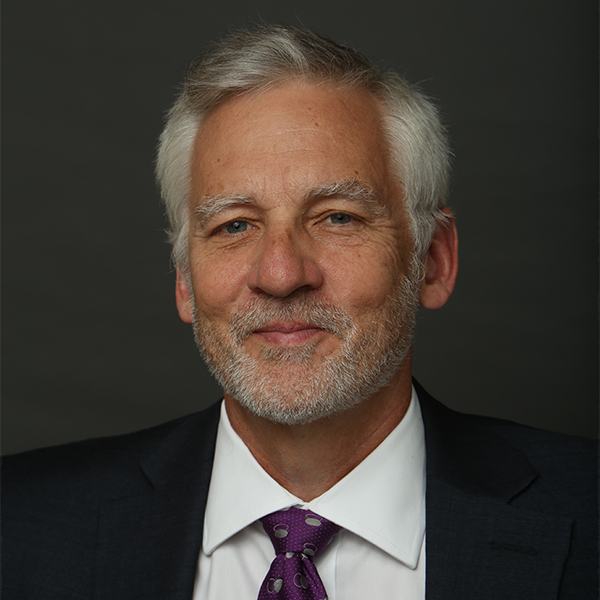Turns out it was the latter. In a recent decision of the Federal Court in Hosseini v. Canada,[1] a visa officer’s decision that a 62-year-old retired chemical engineer posed a danger to the security of Canada was eviscerated in a strongly worded condemnation of both the process used by the officer and the very basis of the decision.
Turns out it was the latter.
In a recent decision of the Federal Court in Hosseini v. Canada,[1] a visa officer’s decision that a 62-year-old retired chemical engineer posed a danger to the security of Canada was eviscerated in a strongly worded condemnation of both the process used by the officer and the very basis of the decision. The errors in the decision included concealing important and highly relevant information from the applicant, failing to conduct an oral interview when an issue of credibility arose and basing the decision largely on association rather than on any activity actually committed by the applicant. So egregious was the decision that a cost award of $2,000 was ordered. It was the third time a negative decision on the same application had come up for judicial review.
The fourth round, first started in 2004, is now commencing.
The applicant applied for permanent residency as a skilled worker and easily met the points requirement in place, at that time being a benchmark of 67. In the 13 years that followed, he tried and failed to convince visa officers that he is not a danger to the security of Canada.
His problems emanated from his employment as a chemical engineer working for the National Oil Company of Iran, then in Canada for a subsidiary called Kala Naft, holding the position of company procurement manager.
The NIOC had been the subject of international sanctions based on a fear that the oil company might attempt to procure components, which are used in the oil business, to develop nuclear technology. No evidence existed that the NIOC was seeking to develop nuclear technology; however, enough concern was raised by the international community, including Canada, that it might try. Sanctions were imposed to avoid any possibility of a nuclear bomb being developed. The Special Economic Measures (Iran) Regulations were created, listing both the NIOC and Kala Naft for a time, until they were de-listed in 2016.
Notwithstanding the fact that no evidence existed that the applicant or the company were directly involved in attempting to facilitate a WMD program through the purchase of components that may be used for this purpose, the visa officer found that the applicant made a significant and knowing contribution to Iran’s WMD program, merely because he worked for the NIOC at one time in his career. The visa officer conceded that the applicant was now retired, but he decided that he could “return to work” at any time and presumably jump back into trying to develop a nuclear bomb for Iran from his retirement home in western Canada (not that there was ever any evidence that he had tried to do so as an employee).
In reviewing the reasonableness of the decision, the Federal Court noted that it was “difficult to conceive how a person could represent a danger to Canada’s security without evidence that the person had actually done, or was expected to do, something that could be considered a threat to Canadians.”
In order to decide that a person is a danger to Canada’s security, there must be evidence that they have done or might do something that supports the conclusion on dangerousness. It sounds self-evident, but to Canadian visa officers over a period of 13 years, it was anything but.
A label of danger to the security of Canada is no laughing matter. But when visa officers rely on such a far-outdated notion as assumption of guilt by mere association to apply the label — a move that cost taxpayers $2,000 this time around — it just has to inspire some kind of guffaw.











